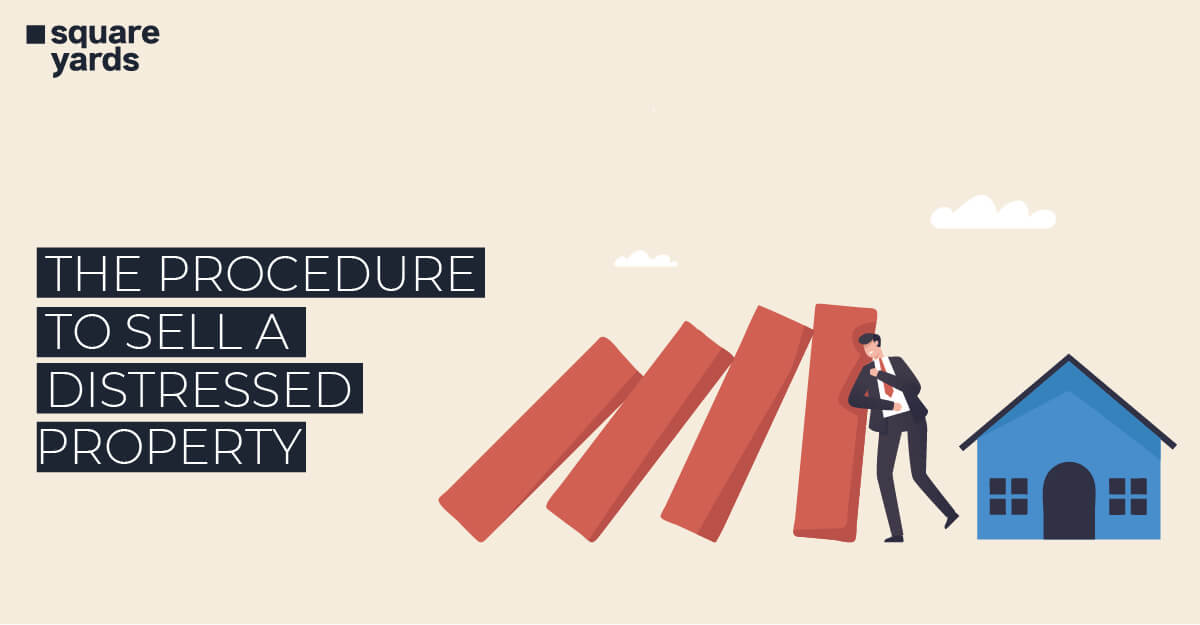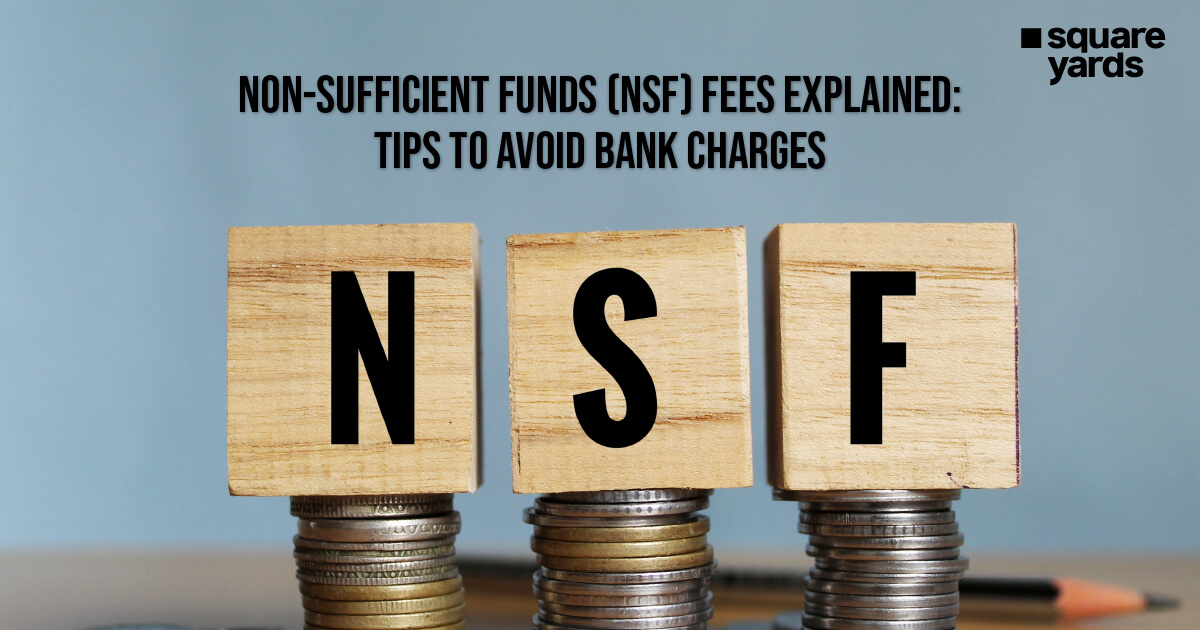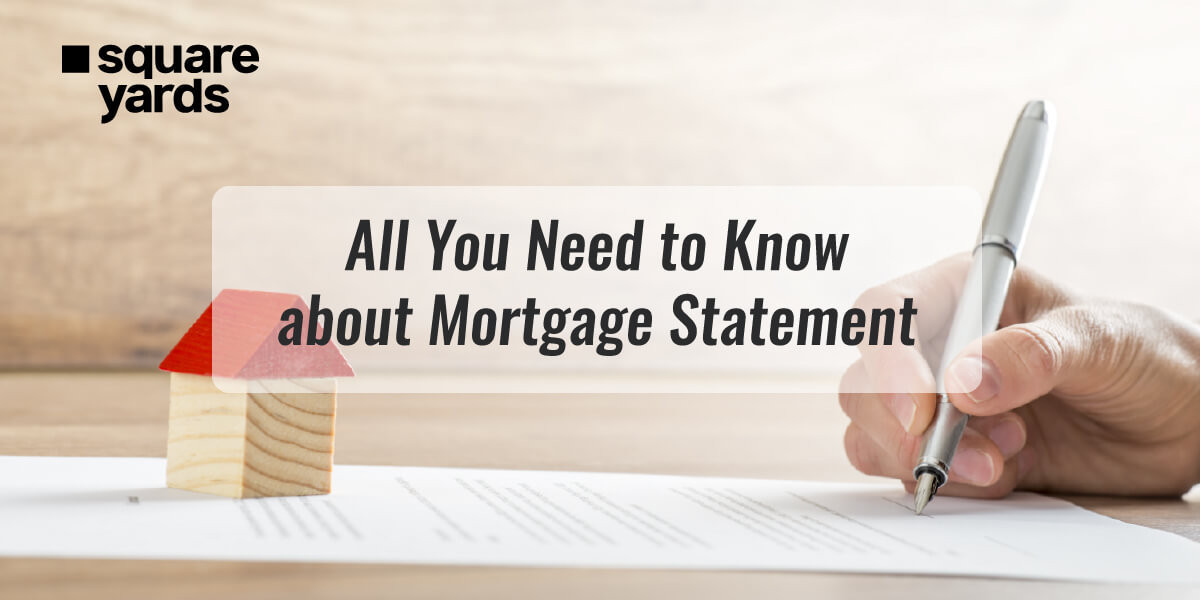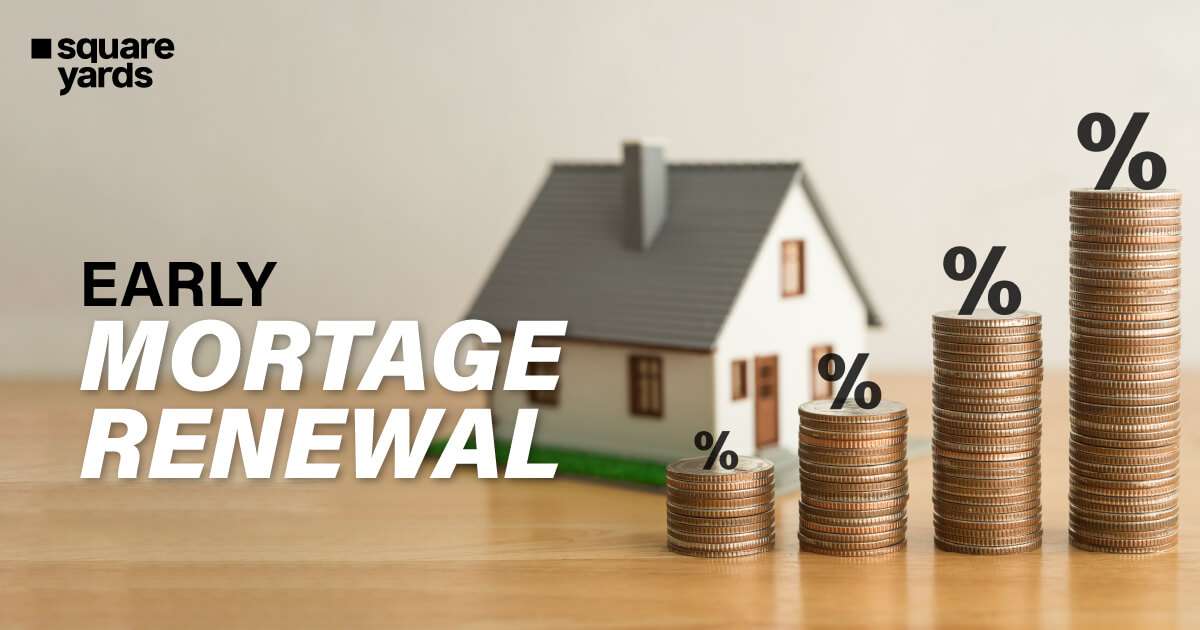Circumstances might call for it that you might need to sell a distressed property, whether you are in dire need of funds or want to dispose of some unwanted obligations off your shoulders. If you intend to sell the distressed property to a cash-in-hand business an iBuyer, or another party, you must renovate the property before selling. And you have to be very careful of the things that may go wrong during repair, so make sure it won’t decrease the property’s value.
Distressed Properties : How Should You Sell Them?
A distressed property is where the owner can not keep up with their financial obligations. It means they can not afford taxes and mortgages or have already been listed as defaulted by creditors. As the name implies, a distressed property is a structure that has been harmed, run-down, or damaged. The only option left with the owner is to sell this distressed property. But before you do, you must keep a few things in mind.
-
Know the Value of Your Distressed Property

If you want to sell your property without getting scammed, you must know the true value of your distressed property. You can use a few distinct strategies to specify its worth before selling it.
-
- The simplest and most affordable way is via a Comparative Market Analysis (CMA). This approach computes the value of your distressed property by analysing other similar properties in your vicinity. You can conduct your own CMA by examining online property listings or asking for listings from a real estate broker.
- If you cannot find similar properties, you might have to pay some amount for an authorised home appraisal. Appraisals look at everything your distressed property has to offer and areas for advancement. They are conducted by a skilled professional who presents their findings and a fair market price.
- You can also utilise a free distressed property value estimator to determine what you will get from an iBuyer or other cash-in-hand alternative. It usually requires filling out a quick survey on their official website.
-
Will the Property Need Repairs?
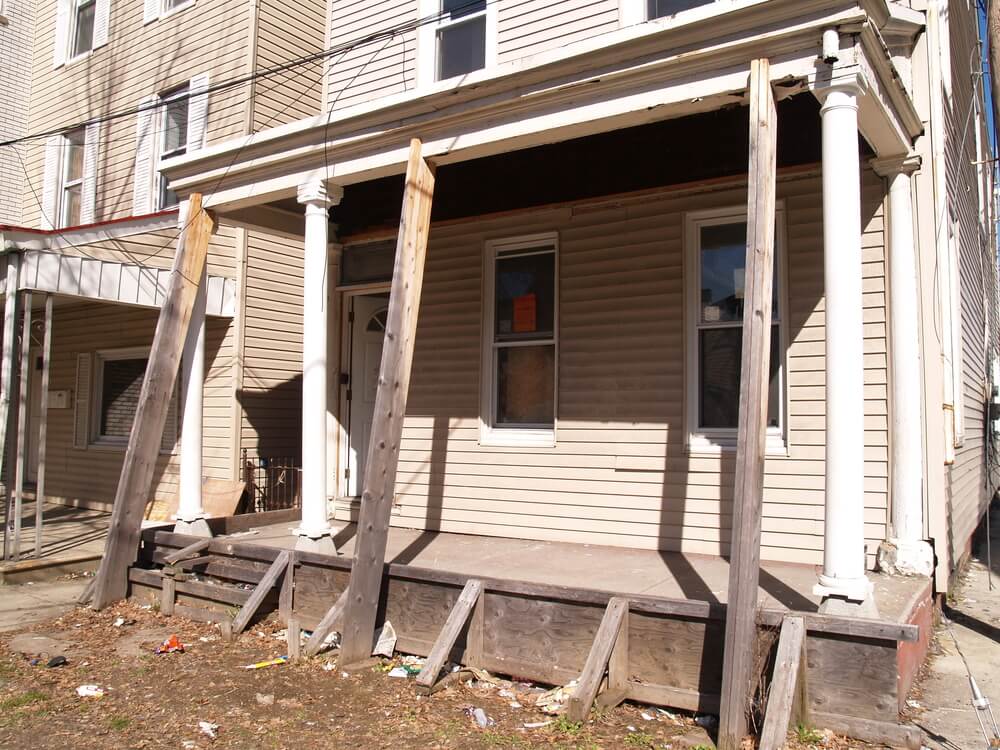
If you have a distressed property due to a lack of maintenance, then you need to evaluate the return on investment before conducting any major repairs. This would help assess the ROI you would get on the amount spent on the renovation and also consider the profit or loss incurred on the property.
-
Take The Time Value Of Money

If your distressed property is in a proper state, the traditional sales process will take an extended time, months, or even years. If you have a mortgage to pay, which is the main reason for your distressed property, don’t waste your time. It would help if you started examining options for foreclosure, such as house flippers or iBuyers, who instantly provide you with cash in hand.
-
Check The Authenticity Of The Buyer
Another crucial thing to determine when selling a distressed property is that it cannot be used for a mortgage. That implies that anyone who purchases the property, even a self-transaction or any real estate dealer, must be competent to pay in cash. You have to look at a buyer’s record. If you are selling to a business, such as a buy-and-hold company or an iBuyer, you need to evaluate their standing.
It is not wrong to ask for their proof of funds. If their cash is already tied up in any investment, selling your distressed property will be delayed. If they have a problem selling off shares or getting money out of their assets, you will find yourself waiting for the amount for a long time.
-
Honest Disclosure
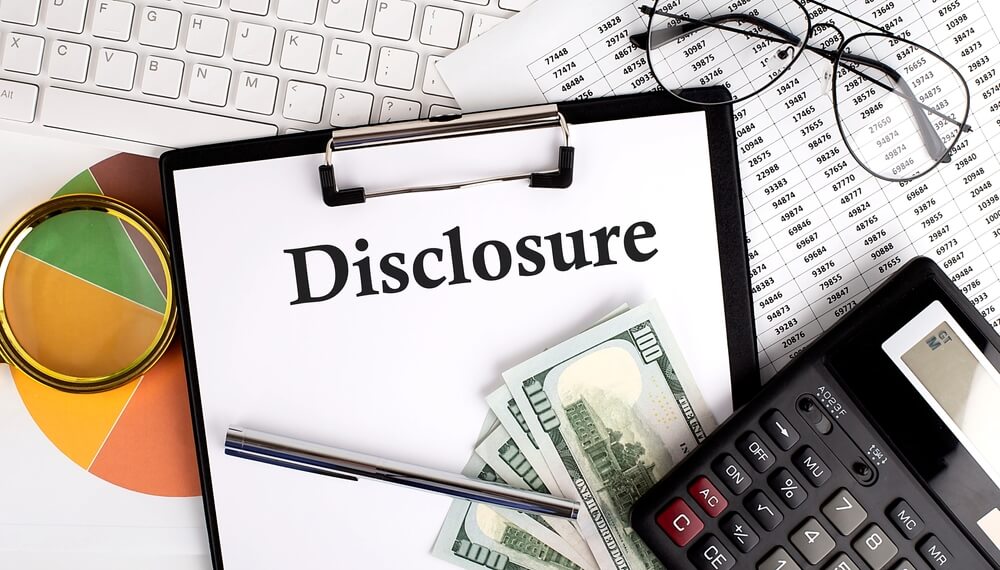
You must ensure that you reveal everything about the property before the sale, regardless of who will purchase it. It covers all your grounds and helps prevent any legal issues later on. Whether selling through an agent or directly to a cash buyer, you need to reveal all the necessary information related to the distressed property.
-
Agreement In Writing

They will handle all the paperwork if you sell your property through an agent or cash buyer. When you deal privately, you must do all the written work yourself.
You will be solely responsible for making any mistakes during the formation of the agreement. You need to check whether all the information is correct and filled in the right order. Failure to present the appropriate paperwork could lead to uncertainties and even delays in sales.
To Whom Can You Sell Your Distressed Property?
Now that you have understood how to sell your distressed property, you might want to know to whom you can sell such property. You have various alternatives at your end, depending on the time constraint. These are some parties you can sell your distressed property to; these include:
-
House Flippers
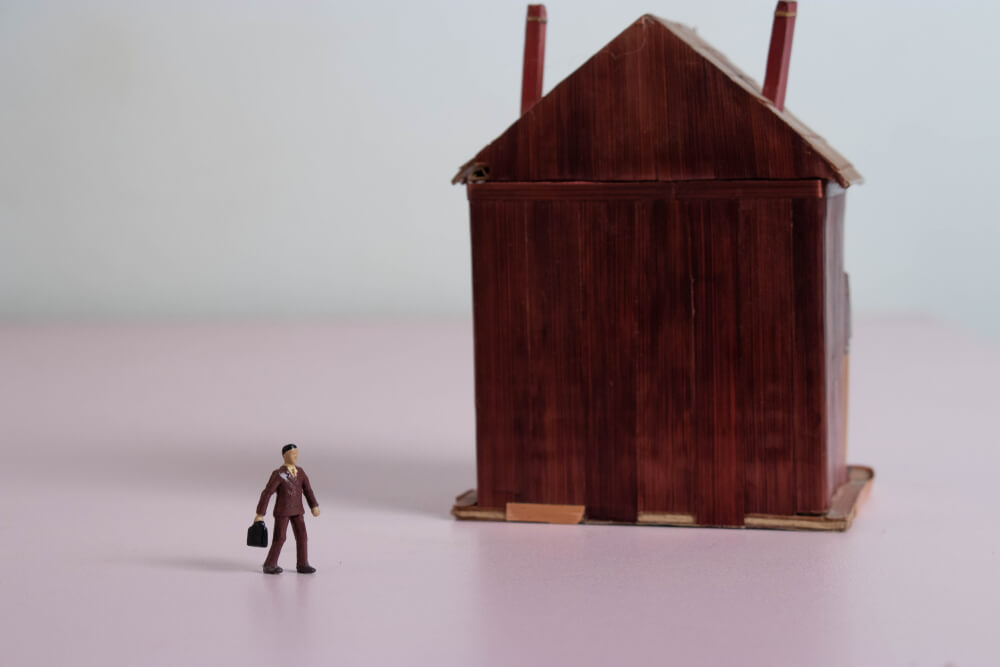
These are usually bigger units that instantly offer you cash in hand and take your property as it is, with no repairs required. You can obtain an offer on your distressed property in a few days. House flippers usually don’t pay a fair market value on your distressed property since they have to invest funds from their end to fix the property. Their proposals are non-negotiable and may close in over a month, which implies you have to wait for your payment.
-
Buy and Hold Companies
If your distressed property does not need a lot of renovations and you want to close the deal as soon as possible, this can be the best alternative. These investors purchase distressed property to rent out to the public. They usually pay an amount closer to market value as they rent the property at higher rates.
They have high standards that make them selective about which properties they need to buy. Buy-and-hold companies often get attracted to move-in-ready residences in excellent neighbourhoods.
-
iBuyers

iBuyers are the quickest and latest type of cash buyers in the market. If you deal with them, you will get an instant offer on your distressed property and close it in less than 14 days. They will pay you compensation for your distressed property, close to market value.
They accept properties without renovations, meaning you do not need to put extra money into any repairs or property cleansing. Some buyers may have concerns about the property’s location, age, and size. iBuyers are the most suitable choice if swiftness and property value are your major worries.
-
Self Sale
If there is no urgency in selling your distressed property, you could get rid of it yourself. You need to do a home inspection first to determine if your property needs repairs or renovations. If during the inspection, it turns out that your property needs a lot of repairs, which will cost you thousands of dollars, then self-sale is not the right option.
-
Real Estate Brokers

If you want a slightly higher offer on your distressed property, you should go the traditional path of hiring a broker. When you sell through an agent, your distressed property will have to get clearance in safety inspections. It says you have to pay quite a sum on repairs to get it out of its distressed condition. You can pay the real estate broker a percentage of the sale. This fee is negotiable in some circumstances.
What to Repair in the Distressed Property?
You might make mistakes if you are selling a distressed property for the first time. Selling a foreclosed home is not the same as selling a traditional home. Here are a few common issues that every distressed homeowner must avoid:
-
Foundation and Flooring Problems
If water enters your basement then it can adversely affect your foundation and allow possibly hazardous to develop. To keep the basement dry, install a French Drain System. This system prevents hydrostatic pressure from accumulating beneath the basement floor. This will keep moisture out of the basement, and time also will be saved.
However, the foundation isn’t always the problem. Cracked, mouldy, or collapsing flooring may be the real problem. There are many low-cost flooring choices that can improve the appearance of your home without spending a fortune.
-
Bad Roof
A leaking roof can cause numerous additional issues, such as decomposition, deformations, and roof failure. All these issues lead to water spots and imply roof problems. These are often the consequences of defective pipes or leaking glass panels. However, repairing the roof cost varies per the damage, the material used, location, etc. If you have planned to sell your house, you should fix such issues to avoid future effects.
-
Windows
If your home has damp troubles, it could be due to unusual windows. These tasks might be quite substantial, especially if mold is present. To overcome this, replace your windows or get them repaired.
-
Septic Tank Problems
Nobody enjoys dealing with wastewater. However, if you intend to sell a distressed property with a septic tank, you must ensure it is operational. Small and complex issues can arise in septic tanks and create serious problems in future.
-
Termites and Rodents
No one wants to move into a home infested with bugs or rodents. Bugs have long been a source of concern for property owners all across the world. Infestations of bugs aren’t simply an annoyance. They have the potential to cause extensive home destruction, water leakage, as well as the scatter of pest-related illnesses. Although the cost of treating a pest problem is relatively low, before selling the distressed property fix the issues.
-
Additional Considerations
Traditional-style selling can take weeks or months, or even years. If your property is in distress due to financial problems, you will not have to waste your time. You should look into alternative solutions to foreclosure as soon as possible.
Mistakes to Avoid When Selling a Distressed Property
If you’re looking to sell real estate, you should be aware of the everyday pitfalls. Some of the mistakes to avoid when selling a distressed property are as follows:
-
Delaying the Home Sale
Postponing the sale of distressed real estate may appear to be a good notion, but it has negative consequences. Delaying the house sale can take months or years to sell. To avoid such a situation, before selling, you should inspect a house to determine what repairs are necessary. Then advertise the estate, open bid deals, negotiate with prospective buyers, and file documentation.
-
Hire a Real Estate
A real estate agent is vital when selling distressed real estate because they can provide valuable alternatives and assist you with legal matters. Moreover, it can also help you determine the most effective strategy for handling a particular scenario. Further, collaborating with a real estate agent ensures a quick and professional sale.
-
Verify Buyer History
Verify the buyer’s track history and insight if you’re looking to sell a distressed property. Look for firms that have excellent reputations and browse customer feedback. In addition, you can also request proof of funds. By adhering to this advice, sellers can prevent unnecessary anxiety and consequences in the selling process. Moreover, they can also avoid dealing with dishonest people. In order to sell a home quickly, ensure the buyer fulfils all of your criteria.
-
Setting Price too High
It’s totally natural to desire the best deal on your house, but at the same time, you also need to be pragmatic. The value you desire, and industry cost differ. No matter how often you believe your place is worth it, the market price determines how often you can begin to obtain it. Otherwise, you might lose potential buyers and your house will become stale.
Why do Real Estate Investors look for Distressed Homes?
According to the resources, the minimal price comparison to move-in-ready residences is one of the primary explanations for why individuals purchase property that requires repair. For some, it’s an intelligent way to reduce their monthly mortgage payment; for others, it is a great chance to reside in a better area.
In addition, another motive for purchasing foreclosed houses is to make investments in real estate. The buyers can be attracted by the low price. Moreover, several think about fixing up the property and reselling it for a profit. The estate can take several years to rise in value, but shareholders can pay off the mortgage faster once they purchase at a low price.
Finally, many distressed property buyers have different motives, such as buying their family’s home or preserving an unusual property that brings charm to the neighbourhood.
Conclusion
A distressed property is hard to sell, and you have to go through the long and drawn-out procedures of the traditional approach. Competition is very hard for distressed property, so you must know what can be done if you want to get rid of it as early as possible. Selling on your own or through an agent needs time and money to get clearance from the inspection. House flippers will give you fast money, but not up to market value. Buy-and-hold companies will pay you money close to their market value, but they should be move-in-ready. iBuyers are an excellent option if you need quick and easy money without renovations.
You May Also Read
| Buying Rental Property in Canada | selling a property in Canada |
| rental property management companies | Le Sud Ouest Montreal |
| Maximise ROI For Your Rental Property | how to become a real estate investor |
Frequently Asked Question (FAQs)
The distressed property sale value implies the sale of the property below its market value. The owner takes the loss of selling property for less than its intrinsic value to liquidate his property immediately.
You can find distressed properties in Toronto with the help of Drive-by, multiple listing services, auctions, attorneys, banks and lenders, court records, and government agencies.
These are the types of distressed properties: foreclosures, real estate owned or bank-owned properties, short sales, and fixer-uppers.
The main benefit you can get from buying a distressed property is that you can get the property at a considerably lower price than the market value.
The major red flag about the distressed property is that their sales can take up to more than 6 months which is not only longer than regular sales but also very complicated. What is the distressed property sale value?
How do you find distressed properties in Toronto?
What are the types of distressed properties?
What is the main benefit of buying a distressed property?
What is the major red flag about a distressed property?

